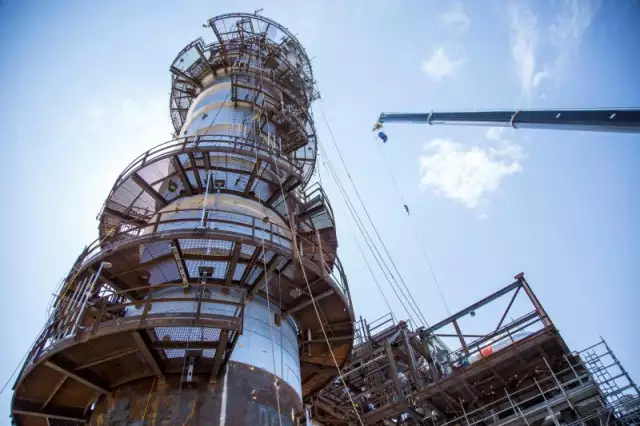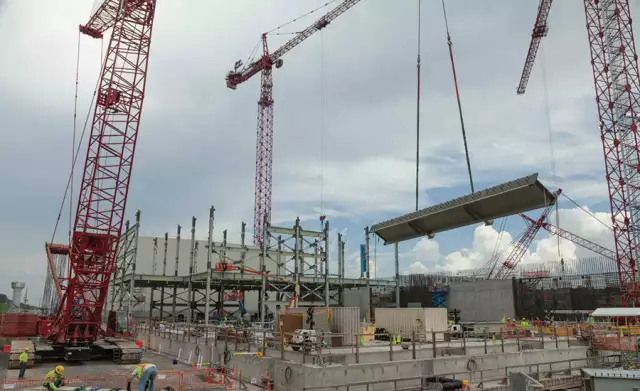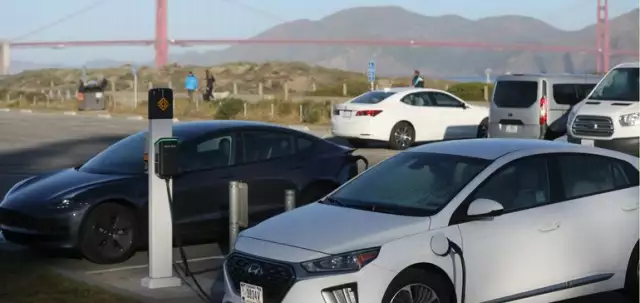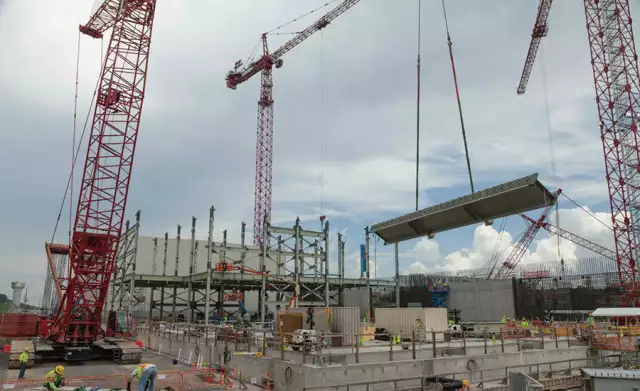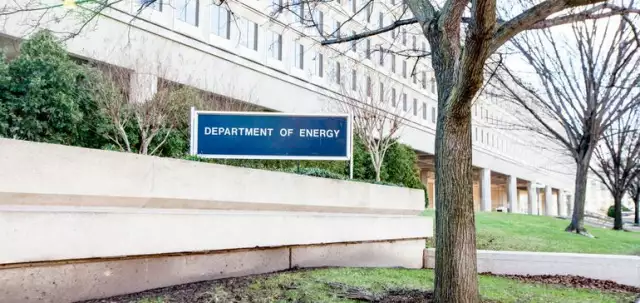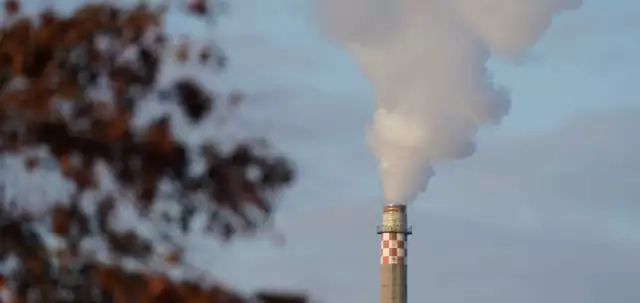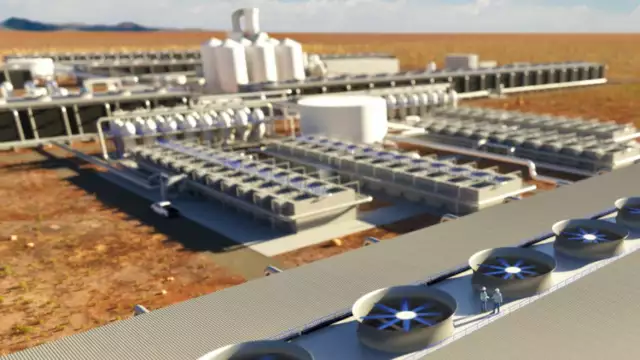DOE to Award up to $2.5B for Carbon Capture Projects
DOE to Award up to $2.5B for Carbon Capture Projects
Abstract
Of Energy seeks proposals for both demonstration and large-scale projects that use "Transformational" carbon capture technologies in the power and industrial sectors, the agency announced Feb. 23. It plans to spend up to $2.5 billion across two new programs established by the federal infrastructure law enacted in 2021.Carbon capture and storage or carbon capture, storage and utilization projects have had a complicated past, with some notable failures caused by runaway cost overruns, along with successes, such as Shell's Canada's C$1.3 billion Quest CCUS project in Fort Saskatchewan, Alberta, one of the first and largest successfully operating carbon capture power projects in the world. The Carbon Capture Large-Scale Pilots program will award up to $820 million for up to 10 projects that demonstrate promising technologies at commercial-scale in both the power and industrial sectors. The Carbon Capture Demonstration Projects program will award up to $1.7 billion for about six projects to demonstrate commercial-scale carbon capture technologies integrated with CO2 transportation and geological storage infrastructure. "There is somewhat of a chicken and egg challenge with large commercial scale CCUS projects. The costs/economics of the projects have been a challenge for them to move forward, but at the same time the absence of large-scale commercial plants can also hinder the continued technical and economic development and advancement that allows for further implementation," said Justin Schnegelberger, Burns & McDonnell energy group manager of development engineering. DOE grants "Around front-ends of projects and even some construction and implementation are fantastic, but I think 45Q has fundamentally changed the revenue situation and return on investment. I think these are economical projects now." Doug Cowin, Burns & McDonnell CCUS/environmental services business development manager, says that one hurdle that prevents some CCUS projects moving forward is the lengthy process for Class IV CO2 injection well permits. GAO said the agency spent about $1.1 billion since 2009 to demonstrate 11 large-scale projects at coal-fired power plants and industrial facilities but demonstrations ended with just three of 11 projects being built.
